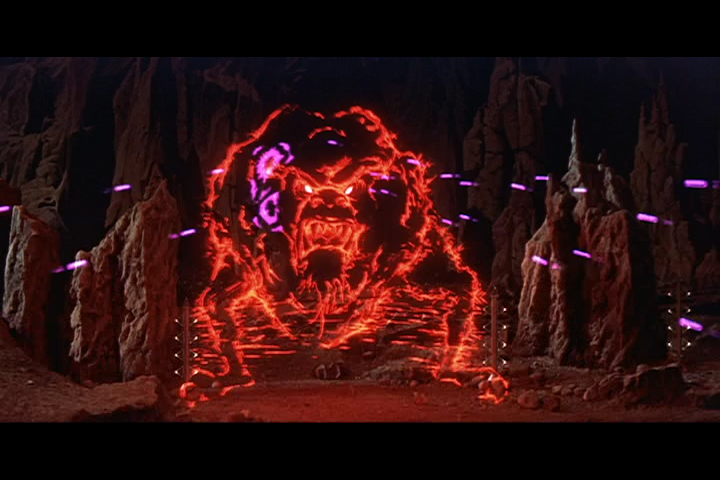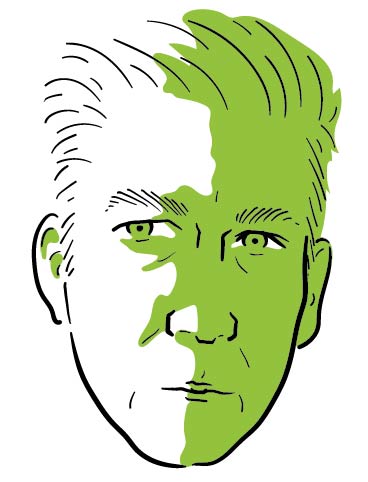
“Repel the forces of darkness now and sort out utopia later.”
As we crawl toward the end of the second decade of the twenty-first century, award-winning novelist Steve Erickson, a writer long obsessed with both America and the idea of “America,” is none too happy, though none too surprised, with the way things have transpired.
In his most recent novel, Shadowbahn, the World Trade Center reappears in the heart of a nation divided, both ideologically and geographically. Upon its release in 2017, it was cited time and again as the first true novel of the Trump Era.
Let’s just say the current situation is one Erickson saw coming a long time ago. Over the course of ten novels—including Days Between Stations, Our Ecstatic Days and The Sea Came in at Midnight—Erickson’s wild and far reaching imagination has proven unexpectedly prescient, envisioning a world beset by all manner of social and environmental catastrophes. Few, however, are as horrifying or dangerous as the current administration.
Shortly before the premiere of an hour-long BBC radio adaptation of Shadowbahn, I spoke with Erickson, now a Distinguished Professor at the University of California, Riverside, about the present ugliness, and any number of other things.
—Jim Knipfel
THE BELIEVER: I would never call you a political novelist, though as with Mr. Pynchon politics always seems to be lurking around the subtext. But you’ve also written a good deal of overtly political non-fiction over the years—1997’s American Nomad, and Leap Year, about the 1988 presidential campaign. Like me, you were raised a political conservative until events in the country and the world—in your case the Civil Rights movement—prompted you to reevaluate things. And now, well, take a look around. Do you think the lessons of history have any meaning anymore, if they ever did?
STEVE ERICKSON: That’s a more precise way of asking whether truth itself has meaning anymore.
BLVR: Looking at some of your political writing two decades back, you clearly had a deep understanding of the trajectories of history and politics, of where we were headed if we weren’t careful.
SE: This current president is only an end result of something that’s been going on thirty years, or maybe 230. He’s Forbidden Planet’s id monster born of our collective unconsciousness, rampaging the country at night killing democracy. It’s always been part of America’s mission statement to cut itself loose from history, but that means a century and a half after the fact, millions of white Americans still won’t admit the Civil War was about slavery.
BLVR: You’ve called that “the American version of Holocaust denial.”
SE: It’s the...
You have reached your article limit
Sign up for a digital subscription and continue reading all new issues, plus our entire archives, for just $1.50/month.
Already a subscriber? Sign in





